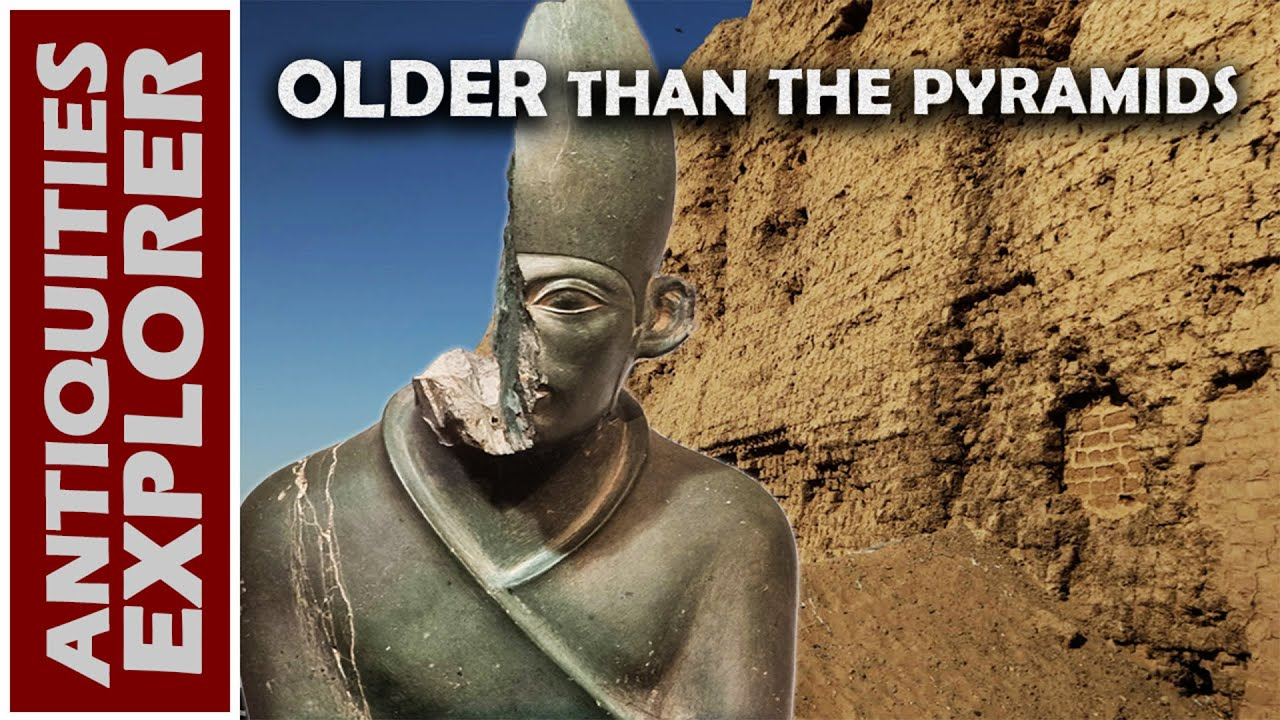One word, many meanings.
In modern political language, the Greek word εὐνομία (eunomia) is typically used in a technical or legal sense—signifying the presence of good laws or an efficiently organized state. However, in ancient Greece, eunomia carried a much deeper, almost philosophical weight: it represented harmony, justice, and the social balance that arises from the coexistence of moral and institutional law.
Etymology and Original Meaning
The term eunomia derives from eu (meaning “well” or “right”) and nomos (meaning “law,” “custom,” or “rule”). Together, they convey more than just “good legislation.” They imply a form of political order that is not only legally sound but also morally just.
In essence, eunomia describes a way of organizing society that prioritizes the common good, balancing power and citizenry in equitable harmony.
Eunomia in Solon’s Reforms: Law as a Path to Social Peace
The Athenian lawmaker Solon, in the 6th century BCE, used the term eunomia to describe the ideal outcome of his political reforms. In one of his poems, he writes:
“Eunomia sets all things in order, and halts the evils of hubris.”
Here, eunomia is framed as the antithesis of hubris—the arrogant overstepping of limits—and is closely aligned with dike (justice). For Solon, it was a means of ethical and political restoration, a force that curbs social inequality and fosters civic unity.
Plato and Aristotle on Eunomia: Politics as a Form of Education
For Plato, in his dialogue Laws, eunomia is not simply the result of good legislation—it is the fruit of proper education. He believed that laws should cultivate virtue in citizens, not just punish wrongdoing.
Aristotle, meanwhile, associated eunomia with good governance and overall prosperity. He argued that a well-ordered state promotes the welfare of all, not just the privileged few. For both philosophers, eunomia was a vital pillar of a just and flourishing society.
The Opposites of Eunomia: Anomia and Dysnomia
In ancient thought, eunomia was set in contrast with:
Anomia: the total absence of law—chaos.
Dysnomia: the presence of corrupt or unjust laws.
According to Solon, dysnomia breeds conflict, arrogance, and political instability, while eunomia fosters self-restraint (sophrosyne) and collective advancement.
Historical Examples of Eunomia in Action
Sparta: The lawgiver Lycurgus instituted a system of strict military discipline and enforced equality—an example of rigid but stable eunomia.
Periclean Athens: Following the reforms of Cleisthenes, Athenian democracy was grounded in popular sovereignty and constitutional rule—offering a more participatory vision of eunomia.
Eunomia in Today’s World
Even in the modern era, eunomia remains a vital concept for understanding the rule of law. In times of social unrest or institutional crisis, striving for eunomia means:
Restoring public trust in institutions
Ensuring fair distribution of rights and responsibilities
Educating citizens to foster democratic awareness and civic virtue
Far from being a dusty relic of antiquity, eunomia continues to serve as a moral and political compass.
In ancient Greek thought, eunomia was never just about legal order—it embodied a holistic cultural ideal: the perpetual pursuit of balance, justice, and the common good. In a time when societies worldwide face serious challenges, this ancient concept invites us to rethink the foundations of coexistence.







